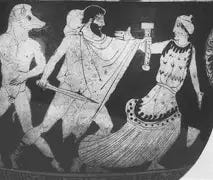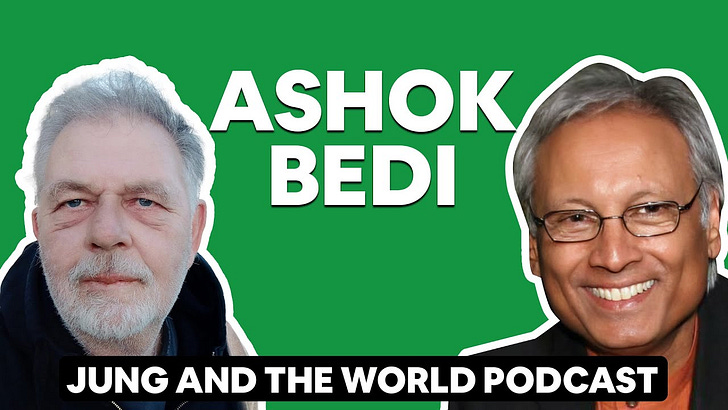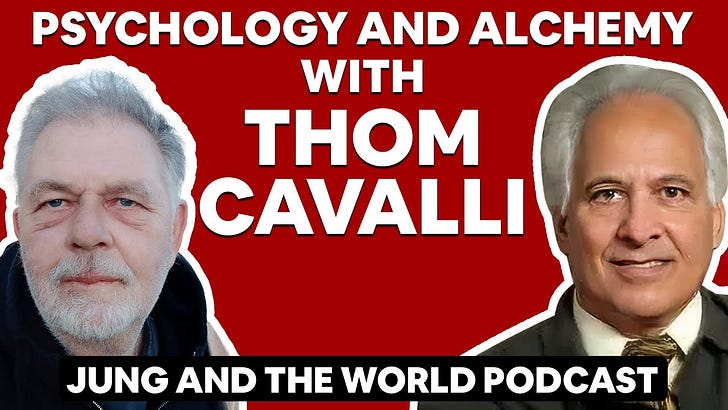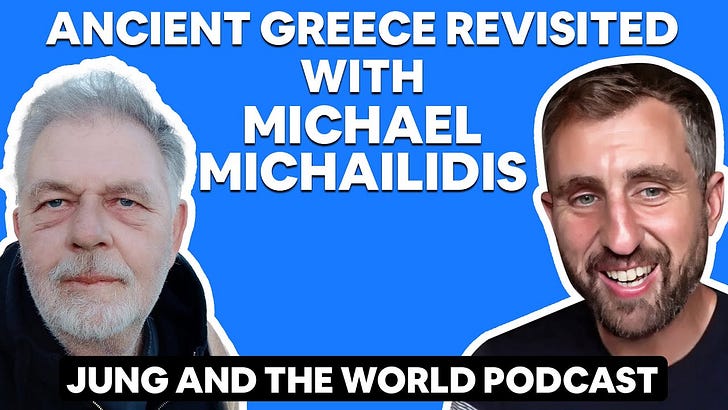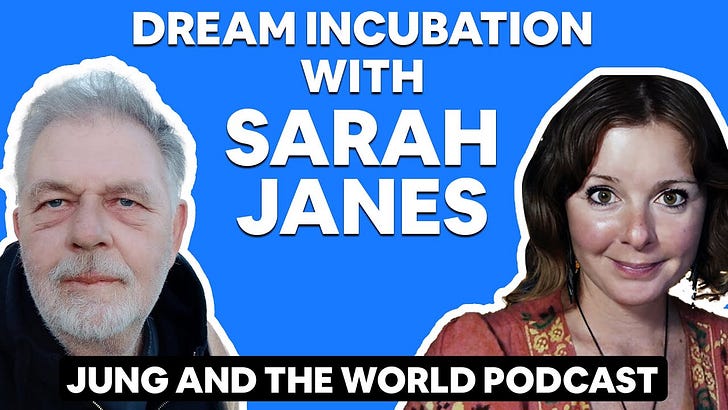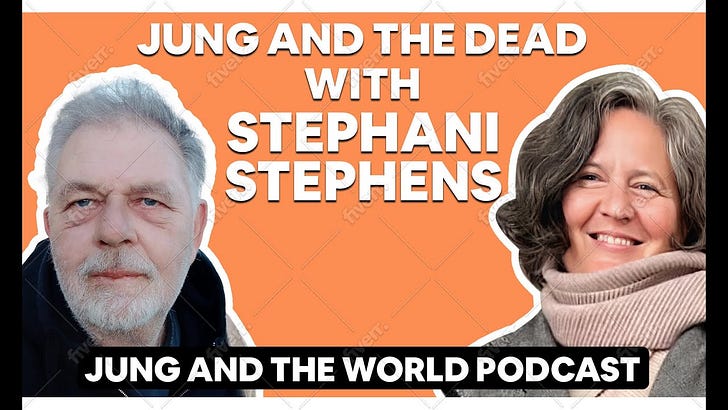Carl Jung said we should ask ourselves what is our myth? One of the myths I have always been drawn towards is the Odyssey. It speaks to me more than some other myths. I am not sure if we have a myth, or if a myth has us? I would say it is more likely a myth has us.
The Odyssey is a story of mystery and initiation. It includes Odysseus getting blown off course and going on a night sea journey and then going to all those different islands of experience on the way back to Ithaca (or home). I sometimes see the different islands as different periods within a life. It is like we have many different chapters within a life.
When Odysseus was on the Isle of the Phaecians he might have thought he will stay there forever, but it isn’t quite like that, we don’t stay on an island forever, and there are other islands and other experiences we have to have. That is one of the big mysteries or the odyssey of a life.
I don’t know, when I went to school things seemed to be more linear - you got good marks, a beautiful wife, a Range Rover, 2.5 kids and a lovely dog and then just kept on going straight upwards towards success from there. It just took some masculine intent. They didn’t mention much about initiations and mystery and the different islands of experience.
Joseph Campbell said The Iliad represents the male-oriented Indo-European world and Zeus, Apollo, and the Olympians in general figure in it the most prominently. Following The Iliad , we come to The Odyssey , where we have the return of the Goddess. He goes on to say ‘It was Samuel Butler who said that The Odyssey was probably written by a woman. The change in mode and mood from The Iliad and its male war- and achievement-oriented psychology to that of The Odyssey , where learning about life from the goddess, is very important’’.
He says elsewhere ‘We now come to the great nostos story: the return of Odysseus’. He goes on to say ‘As I see it, the quest of Odysseus is to return home, decently, to Penelope, his wife—not to a blonde, not to someone who is the victim and the booty of war, but to his wife. A wife is someone with whom one is in counterplay as the other side of the mystery of the androgyne, and so Odysseus has to be debriefed from his warrior attitude, where there is no idea of dialogue between the male and female powers.
I regard The Odyssey as a book of initiations, and the first initiation is that of Odysseus himself into a proper relationship to the female power, which was put down at the time of the Judgment of Paris when the male principle was dominant in an excessive way. Now the female power must be recognized to make possible a proper relationship—what I call an androgynous relationship—in which the male and female meet as co-equals. They are equals, but not the same, because when you lose the tension of polarities you lose the tension of life’.
And James Hillman reminds us how Odysseus was surrounded by feminine figures that play many roles Hillman says and he sees them as playing a role in the initiation of Odysseus: There was the Goddess(Athene), Mistress(Calypso), Devourer(Scylla and Charybdis), Enchantress(Circe), Mother-Daughter(Arete-Nausica), Personal Mother(Anticleia), Rescuer(Ino), Seductress (Sirens), Nurse(Eurykleia), and Wife(Penelope) — the feminine is there in The Odyssey, in all of its many forms.
According to Hillman, in the second half of life, if we follow Jung, the initiation for men, might be more likely through the feminine (the feminine not like the mother). It might even be the way of ‘individuation’, as Jung has called it.
We could say, that whilst in the first half of life(loosely speaking), the initiation might be into more of our masculine identity, but in the second half of life, there is a different kind of initiation that might take place through the feminine. There is something about an initiation into the feminine in the Odyssey and it is through that there is renewal.
In the first half of life, we might be more under the Heroic model. But in the second half of life, the one-sidedness of our masculinity, might become a problem(and if that happens everything can start to dry up or become barren, if not destructive). In some ways, it is not so much about the heroic model in the second half of life. but it is more of a deepening into the soul. ‘A man is asked to love his own soul’ Hillman said. And for Hillman the soul always loves ‘depth’.




